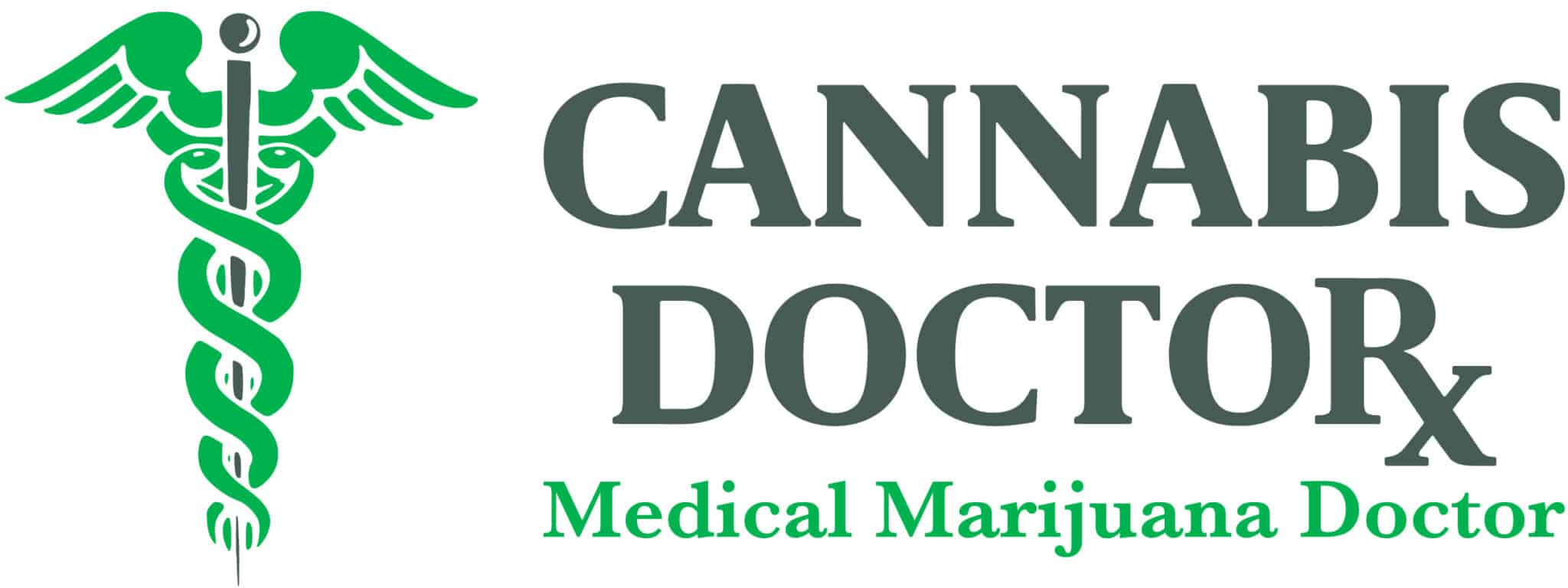Marijuana and depression have a historically interesting relationship. The cannabis plant produces over 100 molecules, but THC and CBD are by far the most well-known. These molecules produce a sedative and stimulant effect, making them a popular alternative form of treatment for many people with depression. However, comprehensive research on weed and depression is lacking. This explains our overall shallow understanding of how the complex mechanisms of marijuana function with depression.
What is Depression?
CBD, short for cannabidiol, is one of the two primary occurring chemicals found in marijuana. Products that exclusively contain CBD do not produce any psychoactive effects. THC, the other primary component in cannabis, is responsible for the high associated with smoking or ingesting the substance.
Scientists and doctors all around the world are actively testing the therapeutic properties of both THC and CBD. The properties of CBD have not only proven to be therapeutic, but they are safe and non-addictive. Strong evidence suggests that CBD can effectively treat several conditions, including childhood epilepsy. As more high-quality studies surface, CBD may become a more mainstream option for treating anxiety, chronic pain and insomnia.
How Much Sleep Do We Need?
In most cases, people with diagnosed depression experience difficult symptoms for weeks, months, and even years. For some, these symptoms are debilitating and add an extra level of difficulty to their everyday lives. Many people with depression find it difficult to maintain a healthy lifestyle, leading them to feel hopeless or worthless.
Depression is known to affect how one feels, acts, and thinks. People struggling with depression often lose interest in hobbies or activities they once enjoyed. It is possible to classify some symptoms of depression, but each unique person experiences their own version of the disorder. Therefore, treating depression is challenging. Fortunately, both traditional and alternative treatments can help make life-changing impacts for those struggling with depression.
Where Does Depression Come From?
Breaking down the cause of depression is complex. Genetic factors, life experiences, and personality type can all play a role. Some may find themselves feelings symptoms of depression after a traumatic or distressing event, such as severe illness or the death of a loved one. In contrast, others may begin feeling depressed for no apparent reason. The risks associated with depression are enhanced if people attempt to self-medicate their symptoms with hard drugs or alcohol.
Common Symptoms of Depression
- Irritability
- Difficulty concentrating
- Loss of interest in hobbies, goals, and work
- Feeling useless, hopeless, and pessimistic
- Changes in appetite and weight
- Difficulty sleeping
Common Symptoms of Depression
- Suicidal ideation
- Reckless behavior
- Delusions or hallucinations
- Using substances to cope with triggers or symptoms
Physical Symptoms of Depression
- Decreased pain tolerance
- Low energy levels/fatigue
- Constant headaches
- Digestive issues
- Stomach or abdomen pain
- Eye issues or reduced vision
- Back pain/aching muscles
Depression typically begins with mental and emotional symptoms. Long-term untreated depression may manifest itself in physical symptoms of psychological distress.
Traditional Treatments for Depression
Many common treatment options exist for depression. Doctors prescribe different treatments depending on the severity of the individual’s condition. Conservative treatments may include recommending daily walks or exercise to boost mood. Studies show exercise may increase internal cannabinoids that cause people to experience what is sometimes called “runner’s high.” Those with moderate to severe symptoms of depression may be recommended cognitive behavioral therapy (CBT) to help alter unhealthy behavior and thought patterns.
SSRIs, or selective serotonin reuptake inhibitors, are prescription antidepressants designed to increase levels of serotonin. SSRIs limit the reabsorption of serotonin, making the neurotransmitter more available. For some patients, SSRIs work well to stabilize mood. However, these medications have various side effects, including dizziness, nausea, vomiting, nervousness, confusion, agitation, and sexual problems.
Because there is no cure-all for depression, many people explore the various available options. Many people who do not want to take SSRIs or have had bad experiences with them turn to alternative options, such as cannabis.
Does Weed Help With Depression?
Marijuana and depression are an interesting combination. If you have ever smoked marijuana, you are likely familiar with how it can elevate your mood and attitude. In Florida, those who have a medical marijuana card have access to various strains of marijuana. These strains may initiate a sense of euphoria or simply help you feel more relaxed.
Both marijuana and depression are known to affect people very differently. Therefore, medical marijuana is not guaranteed to have a positive impact on every person’s mood. That being said, marijuana is not a cure-all, but many people consistently report the benefits marijuana may have on the symptoms of depression.
The question “Does cannabis help with depression?” is complex and, at this point, has no final verdict. To further complicate things, marijuana strains have fluctuating levels of chemicals like THC and CBD. Finding the right strain may be the difference between relief from depressive symptoms or not. Thus, when turning to medical cannabis for help with depression, it’s best to have a detailed conversation with a medical marijuana doctor.
Indica or Sativa For Depression
As mentioned, marijuana may have a different effect on each person. In general, sativa-dominant cannabis strains are likely the best choice for treating depression. This is mainly because sativa strains produce a more energizing and stimulating effect. On the contrary, indica-dominate strains typically have higher levels of CBD, which is associated with relieving some symptoms of depression.
High levels of CBD in medical marijuana may help treat anxiety, nausea, and pain in some individuals. Further research is needed to determine if sativa or indica-dominate marijuana strains reduce symptoms of depression.
Can Weed Make You Depressed?
First and foremost, we encourage you to speak with your medical professional to determine how medical marijuana may interfere with your current medications or treatments. Similar to the question “Does weed help with depression?” there is not overwhelming data suggesting that weed can make you depressed. The relationship between marijuana and depression is complicated mainly because it is a case-by-case basis.
Some studies suggest marijuana use can increase a person’s risk of depression or anxiety. Ultimately, researchers concluded that the evidence supporting this idea was not completely reliable.
Marijuana and Depression: A Complicated Relationship
While some data suggests that medical marijuana can help with depression, other data suggests otherwise. For many, select marijuana strains can help soothe symptoms associated with depression, but it is highly recommended to discuss the matter with your medical professional. Many individuals find that a combination of traditional treatments and alternative treatments, such as medical cannabis, can positively impact depression. If you feel cannabis may be a viable option for you, book your medical marijuana evaluation now.



